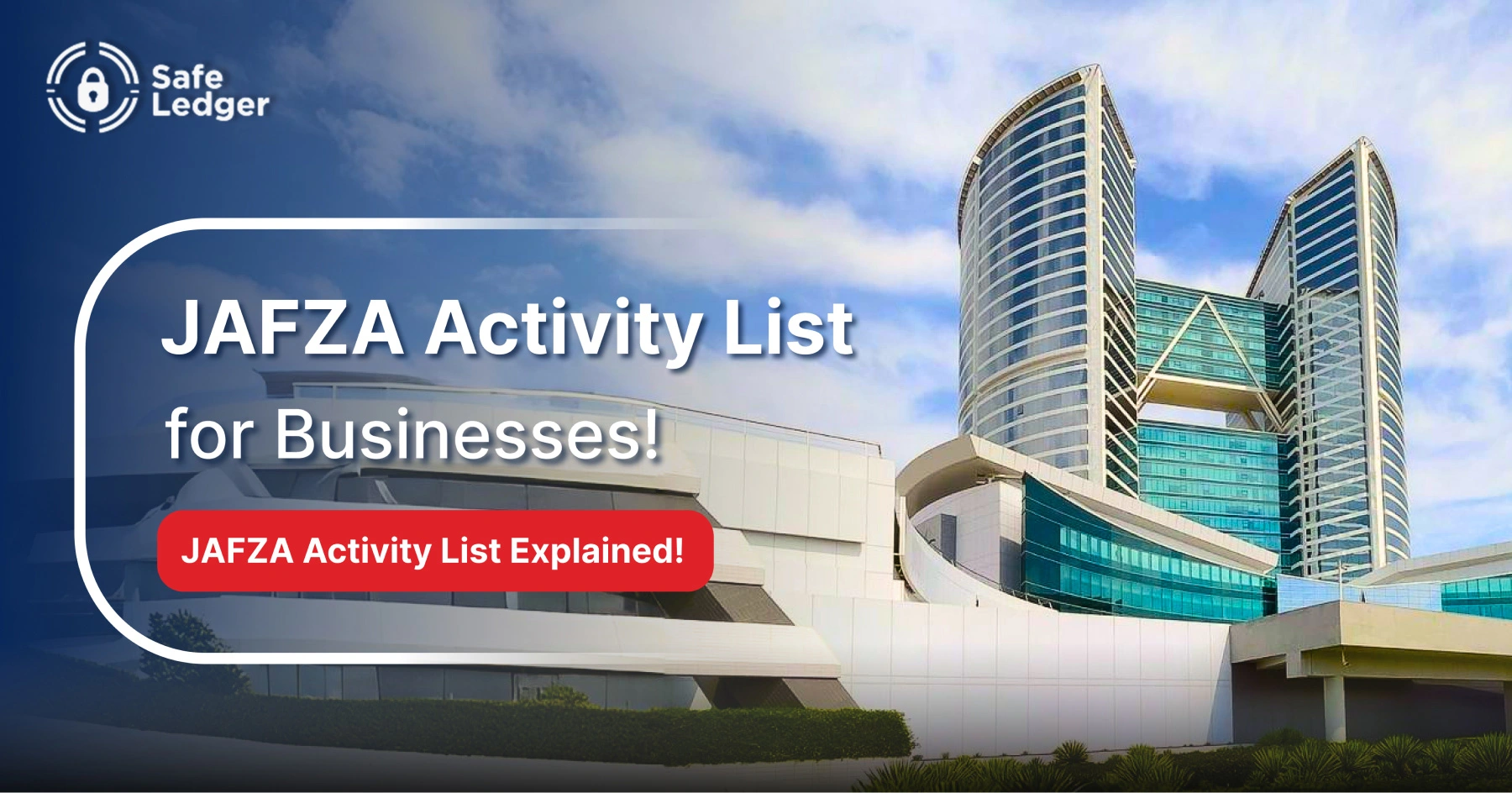Jebel Ali Free Zone (JAFZA) is one of the biggest and busiest free zones in Dubai and the UAE. It sits next to Jebel Ali Port, the largest man-made port in the world, and close to Al Maktoum International Airport. This prime location makes JAFZA an important hub for global trade. For any entrepreneur or corporation considering business setup in the Dubai free zone, going through the JAFZA activity list is an important first step.
This list, a comprehensive directory of business activities, defines the scope of operations a company can undertake within the free zone. Selecting the right activities ensures legal compliance, operational efficiency, and a solid foundation for business success. As of 2025, JAFZA continues to expand its offerings, attracting a diverse range of industries and solidifying its status as a premier location for international business.
In this blog, we will explain the JAFZA activity list, its main categories, and the steps to get a license. By the end, you will know how to select the right activity for your business in Dubai.





